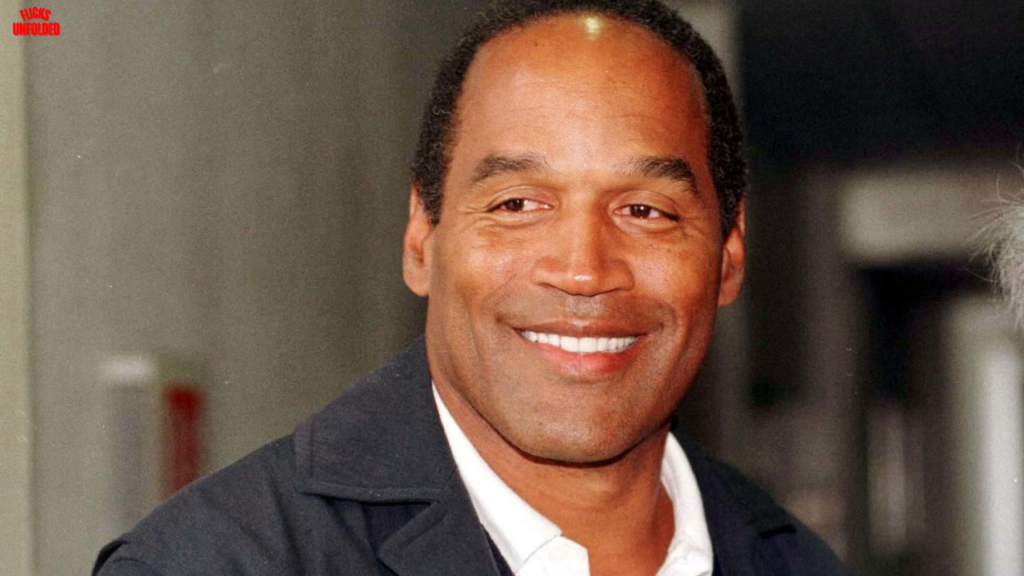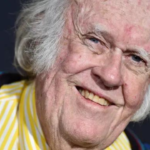Early Life and Background
Orenthal James Simpson, popularly known as O.J. Simpson, was born on July 9, 1947, in San Francisco, California. Growing up in the Potrero Hill neighborhood, Simpson faced numerous challenges during his early years. Despite these hardships, he displayed an early talent for sports, particularly football, which would later become his ticket to fame.
College Football Stardom
Simpson’s athletic prowess earned him a scholarship to the University of Southern California (USC), where he became a standout player for the Trojans. His impressive performance on the field garnered national attention, and he won the Heisman Trophy in 1968, an award given annually to the most outstanding player in college football. This accolade solidified his status as a rising star in American football.
Professional Football Career
Buffalo Bills and Record-Breaking Achievements
O.J. Simpson was drafted by the Buffalo Bills as the first overall pick in the 1969 NFL Draft. Over the next nine seasons, he became one of the most formidable running backs in the league. In 1973, Simpson made history by becoming the first player to rush for over 2,000 yards in a single season, a record that remains one of his most notable achievements. He was named NFL MVP that same year and was selected for the Pro Bowl five times during his career.
San Francisco 49ers
After his tenure with the Bills, Simpson played for the San Francisco 49ers from 1978 to 1979. Although his performance declined due to injuries, his legacy as one of the greatest running backs in NFL history was already cemented.
Transition to Acting and Broadcasting
Film and Television Roles
Following his retirement from professional football, O.J. Simpson transitioned into acting. He appeared in a variety of films and television shows, leveraging his sports fame to build a new career in Hollywood. Some of his notable film roles include parts in “The Towering Inferno” (1974), “Capricorn One” (1977), and the “Naked Gun” series, where his comedic talent shone through as Detective Nordberg.
Complete Filmography
- The Towering Inferno (1974) – Harry Jernigan
- The Klansman (1974) – Garth
- Capricorn One (1977) – Sgt. John Walker
- The Cassandra Crossing (1976) – Haley
- Firepower (1979) – Catlett
- Goldie and the Boxer (1979, TV Movie) – Joe Gallagher
- Goldie and the Boxer Go to Hollywood (1981, TV Movie) – Joe Gallagher
- Back to the Beach (1987) – O.J. Simpson (Cameo)
- The Naked Gun: From the Files of Police Squad! (1988) – Detective Nordberg
- The Naked Gun 2½: The Smell of Fear (1991) – Detective Nordberg
- No Place to Hide (1992) – Sam
- The Naked Gun 33⅓: The Final Insult (1994) – Detective Nordberg
- Frogmen (1994, TV Movie) – John “Bullfrog” Burke
Broadcasting Career
Simpson also worked as a football broadcaster and commentator, providing analysis for NFL games and other sporting events. His charisma and knowledge of the game made him a popular figure in sports media during the 1980s.
The Infamous Murder Trial
The Trial of the Century
O.J. Simpson’s life took a dramatic turn in 1994 when he was charged with the murders of his ex-wife, Nicole Brown Simpson, and her friend, Ronald Goldman. The subsequent trial, often referred to as “The Trial of the Century,” captivated the nation and became one of the most publicized criminal trials in American history.
Acquittal and Civil Trial
In 1995, Simpson was acquitted of the murder charges, but in 1997, a civil court found him liable for the wrongful deaths of Nicole Brown Simpson and Ronald Goldman, ordering him to pay $33.5 million in damages to the victims’ families. The trial and its aftermath had a lasting impact on Simpson’s life and public image.
Later Life and Legal Troubles
Financial Struggles and Public Image
Following the civil trial, O.J. Simpson faced significant financial difficulties. His once-celebrated public image was tarnished, and he became a polarizing figure in American society. Despite the controversies, he continued to live a relatively public life, often making headlines for various reasons.
Conviction and Imprisonment
In 2007, Simpson was arrested in Las Vegas for his involvement in a robbery at a hotel casino. He was convicted of multiple charges, including armed robbery and kidnapping, and was sentenced to 33 years in prison. Simpson was granted parole and released in 2017 after serving nine years.
Legacy and Impact
Athletic Achievements
Despite the controversies that have marred his personal life, O.J. Simpson’s contributions to football remain significant. His record-breaking performances and accolades, such as the Heisman Trophy and NFL MVP, have cemented his place in sports history.
Cultural and Media Influence
Simpson’s life story, marked by his rise to fame and subsequent fall from grace, continues to captivate public interest. His trial and its coverage had a profound impact on American media and the public’s perception of the justice system. Numerous books, documentaries, and television series have explored various aspects of his life, ensuring that his legacy remains a topic of discussion.
Conclusion
O.J. Simpson’s journey through fame and infamy is a complex and multifaceted story. From his early days as a football prodigy to his career in Hollywood and the dramatic legal battles that followed, Simpson’s life has been a rollercoaster of highs and lows. While his athletic achievements remain a significant part of his legacy, the controversies and legal issues have also left an indelible mark on his story.


